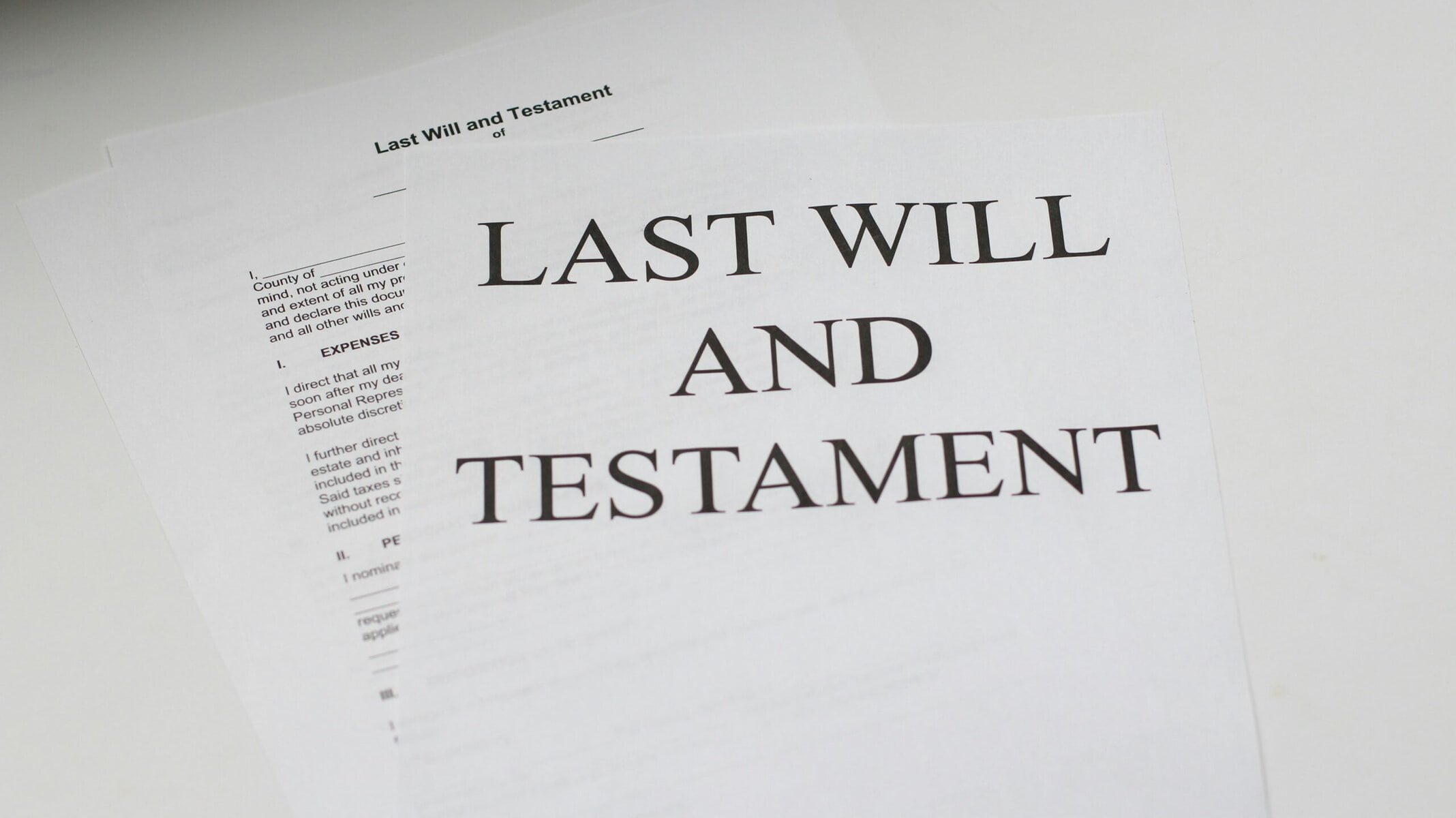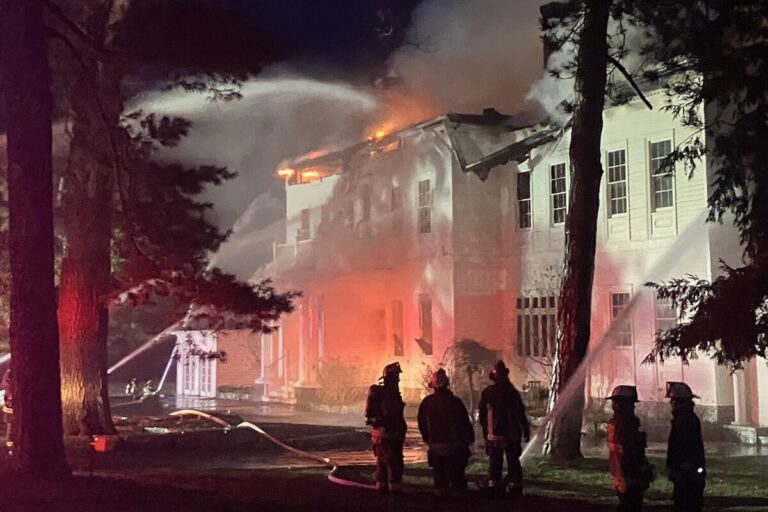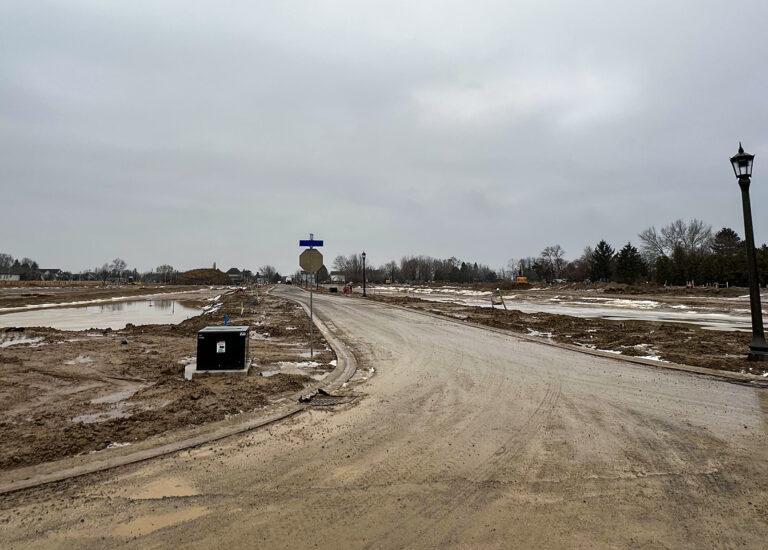Steve McGuinness
Special to Niagara Now/The Lake Report
In my leisure time, I enjoy reading. Thriller fiction is my favourite genre. I’m currently reading John Grisham’s “The Widow.”
Without spoiling too much of the plot, I can say the action revolves around a struggling small-town Main Street lawyer, retained to prepare a new will for a wealthy elderly client named Eleanor.
Eleanor had a will, but do you?
It’s shocking how many Canadians have not prepared a will or completed any basic end-of-life planning. No matter your age or wealth level, this is imprudent and irresponsible. It can impose an unfair burden on your family to resolve your personal affairs without the benefit of your direction.
Aside from a last will or testament, it is also advisable to prepare a power of attorney for personal care and a power of attorney for property.
These documents (sometimes called a “living will”) appoint other trusted individuals to make decisions when you are still alive but have diminished ability to make key decisions yourself. This may be because you are medically incapacitated, either physically or mentally.
You can also give instructions to your power of attorney for personal care on the level of medical intervention you prefer to save or sustain your life when you become seriously ill.
Do you need to hire a lawyer to prepare a valid will or living will? The simple answer is “no.” It is possible to prepare and execute valid documents yourself.
This may not be advisable if you have significant value invested in property to pass on to your estate, but it may be sufficient otherwise. There are some excellent interactive online software applications available now that can guide you through the process.
What happens if you die without valid documents or survive but are unable to make medical and property decisions for yourself?
In those cases, the government has set out standard order of priority rules that apply to appoint next of kin and distribute your property among them.
The problem is that these rules may not align with your unexpressed preferences.
Among other factors you are ignoring at your own peril when you fail to do basic planning are the implications on final taxes payable and on estate administration fees.
In certain situations, certain property, including that held in tax-deferred plans, like registered retirement savings plans, can pass to your legal spouse without any income tax becoming due on a final return.
In other cases, the tax act requires capital gains tax to be paid. The gain is the difference between the market value of the property at death less the purchase price.
In Ontario, estate administration taxes (sometimes called probate fees) vary based on the value of property in your estate. You do not need to pay estate administration tax if the value of the estate is $50,000 or less.
For estates valued over $50,000, the estate administration tax will be calculated as $15 for every $1,000 (or part thereof) of the value of the estate.
Certain property is excluded from this calculation, which includes death benefits paid on life insurance policies. This is because the owner designates the beneficiary of a life insurance policy in the policy itself and the insurer pays those proceeds out tax-free, entirely separate from your instructions in a will.
Some of you may consider yourself too young to start this planning now. But while the young perish of natural causes at rates lower than their elders, accidental death is always a possibility, at any age.
Also, anyone may be genetically predisposed to certain critical diseases, like cancer, depending on exposure to certain environmental factors.
Don’t delay. If you have not done so already, set aside the discomfort leading you to procrastinate and proceed full speed ahead with end-of-life planning today.
In his Bay Street career, Steve McGuinness was a senior advisor to large financial institutions and is now retired in NOTL.










